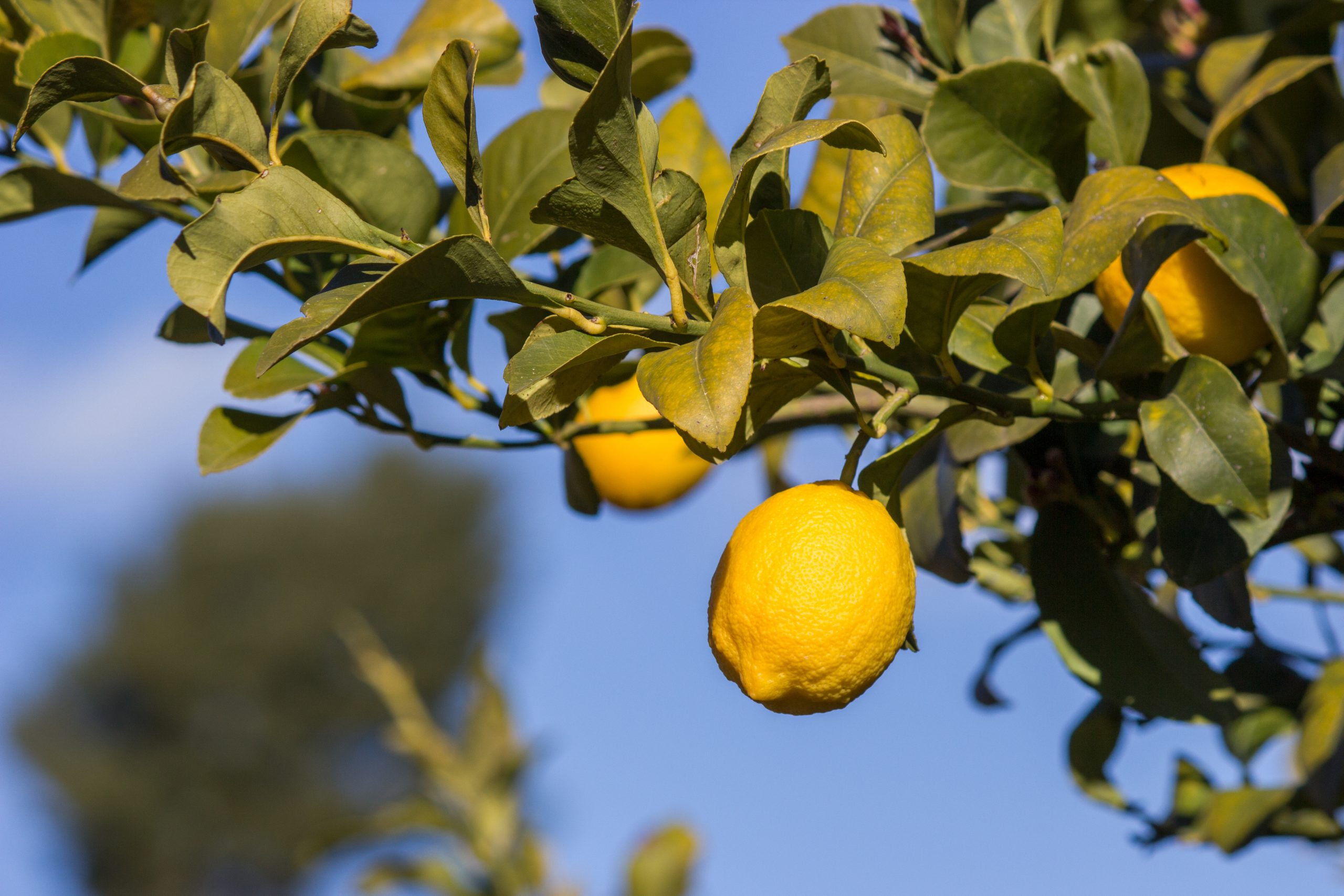Florida Doing its Part to Increase Honeybee Colonies
April 29, 2015
Bee Colony Numbers Increasing in the Sunshine State
Many people find bees to be a nuisance and some are even afraid of them. Although we may not think of it often, honeybees are actually responsible for making sure that many of the foods we enjoy every day make it to grocery stores and onto our dinner tables. In the state of Florida, bees help to pollinate some of the United States’ biggest crops but, since a devastating honeybee colony collapse seven years ago, beekeepers have been diligently working to increase populations and continue to help crop yields.
In an article posted on NBC-2.com, chief of apiary inspections for the Florida Department of Agriculture, David Westervelt, said "[We have] a $14 billion industry here in Florida for agriculture, honeybees are responsible for about a third of the pollination." Since the large decrease during 2008, beekeepers have been continuously working to bring the population back, and Westervelt says the bee’s health is better than it has ever been. Even with this progress, local honeybee populations are dropping by 20 percent.
B. Keith Councell, a local beekeeper, says that despite the progress that has been made in the past few years, there are still some extreme cases of colony collapse. "Between then and now, we've lost four out of five … Not all of them are healthy swarms, a lot of them are. When you get them, they look kind of oily. They look diseased. They just don't look healthy," said Councell. A lot of these symptoms, according to Councell, are due to the chemicals still being used across the state to protect crops.
Westervelt and Councell agree that in order to get Florida’s bee population healthy again, it is important to reduce or eliminate the use of harmful insecticides, pesticides, and other chemicals while also encouraging the growth of native plants. Councell also suggests that what residents do at home has a profound effect on the honeybee population - "The first thing everybody thinks is grab a can off the shelf and spray wherever you can on it. That should be the last resort,” said Councell.
Although there are still some swarms of unhealthy bees and reoccurring cases of Colony Collapse Disorder (CCD), the state of Florida is doing well in comparison to other states. Over the past seven years, the state has gained more than 2,000 beekeepers and upwards of 200,000 colonies of honeybees. While Florida has one of the best climates for producing and maintaining bee colonies according to Councell, it falls on the beekeepers to keep those honeybee colonies healthy, thriving, and growing.


.jpg)




